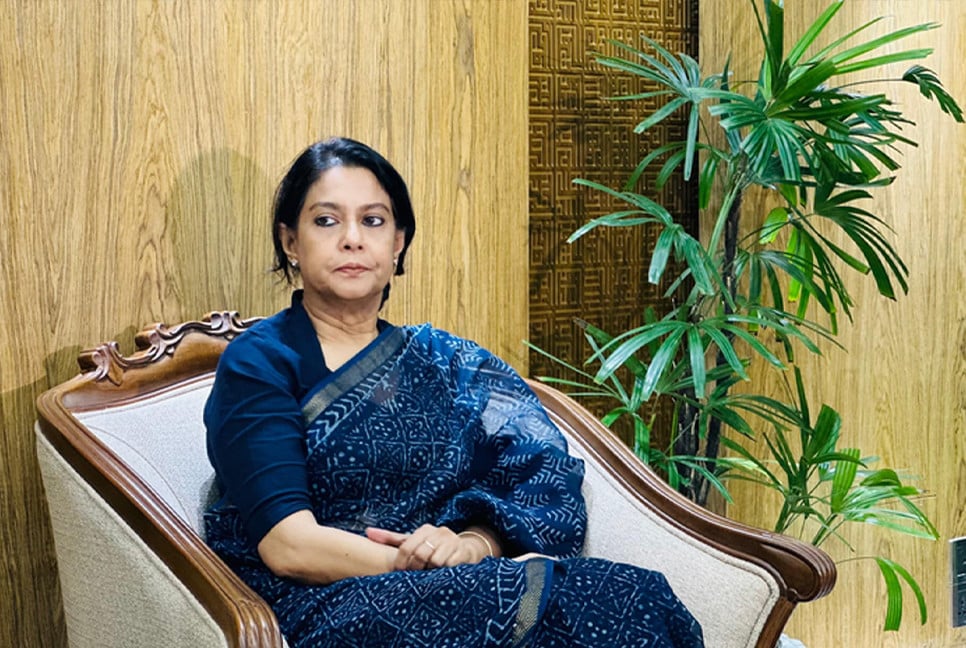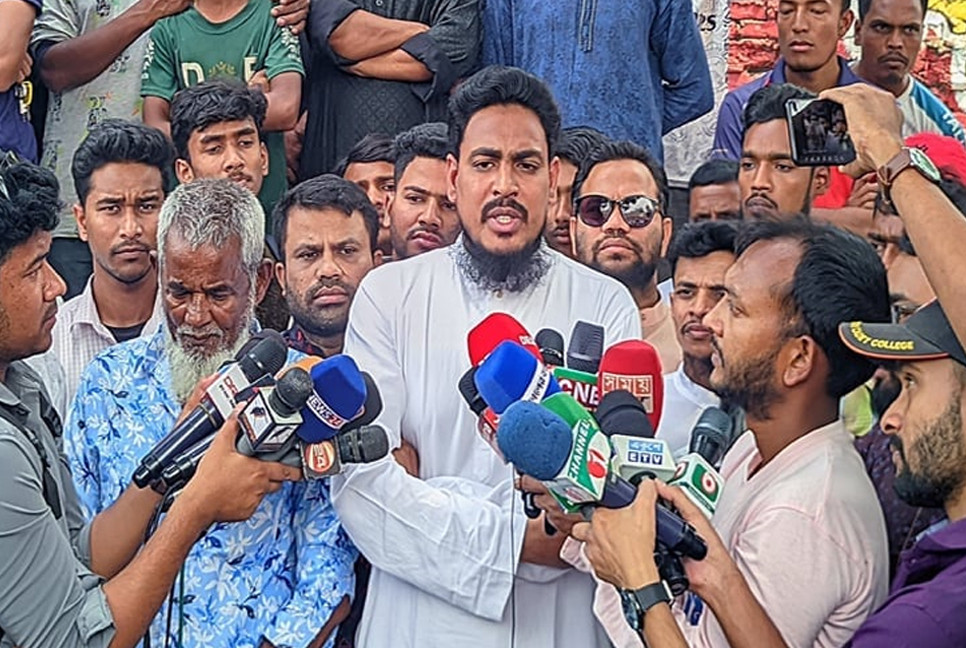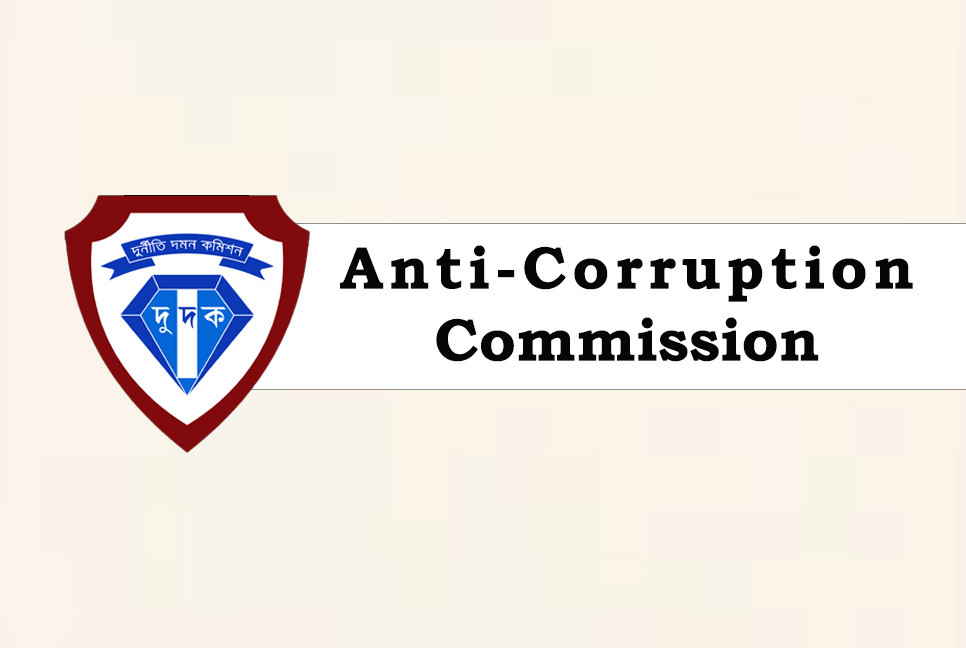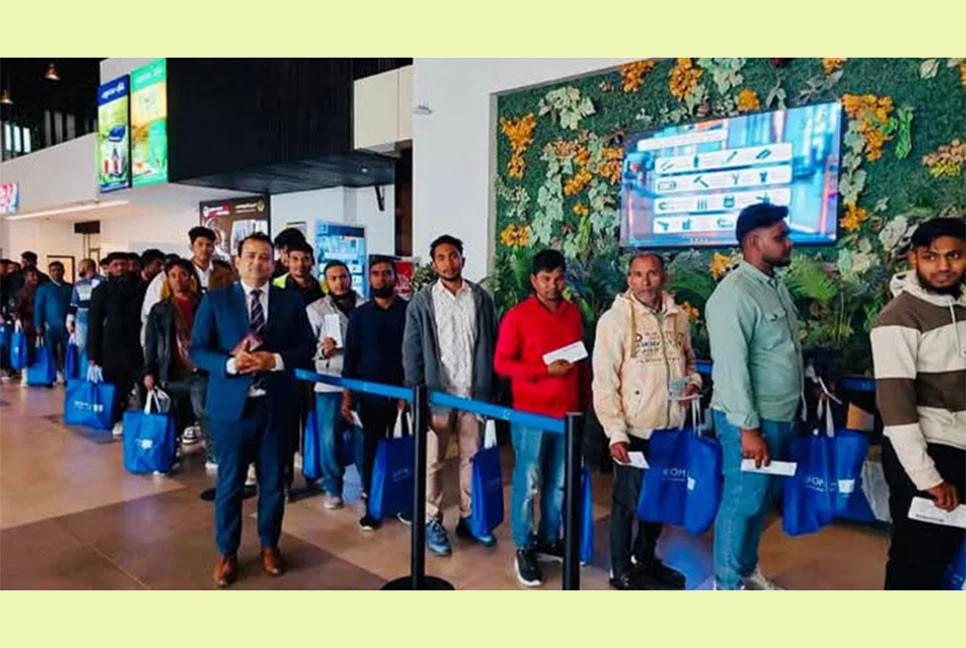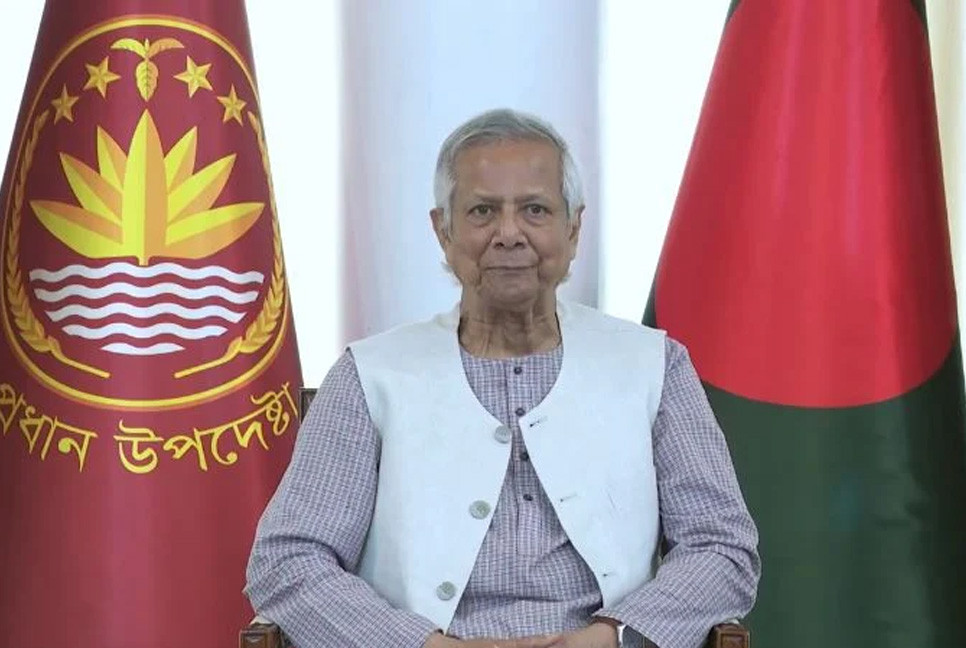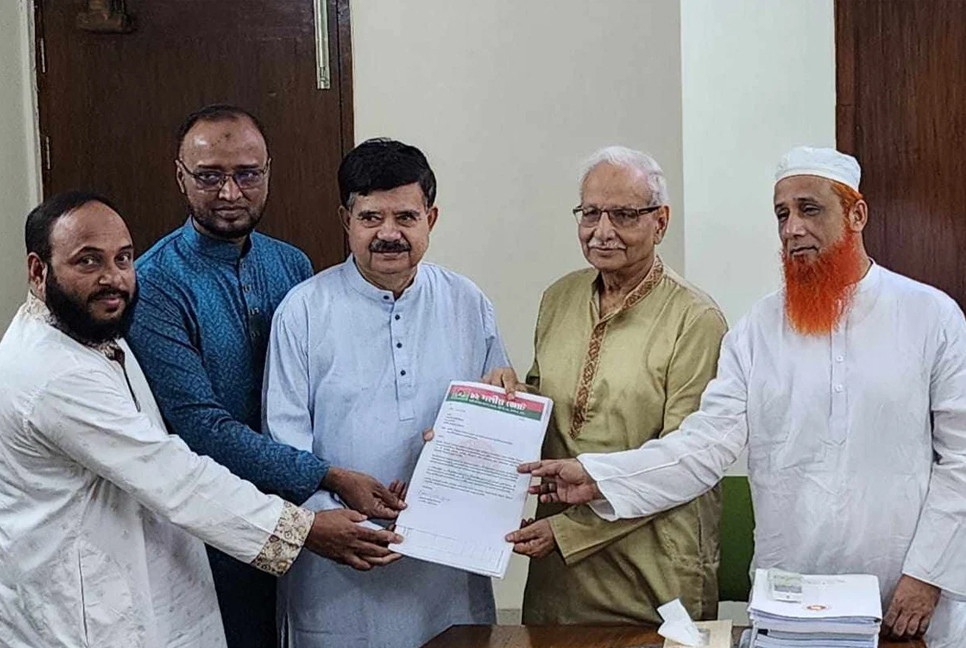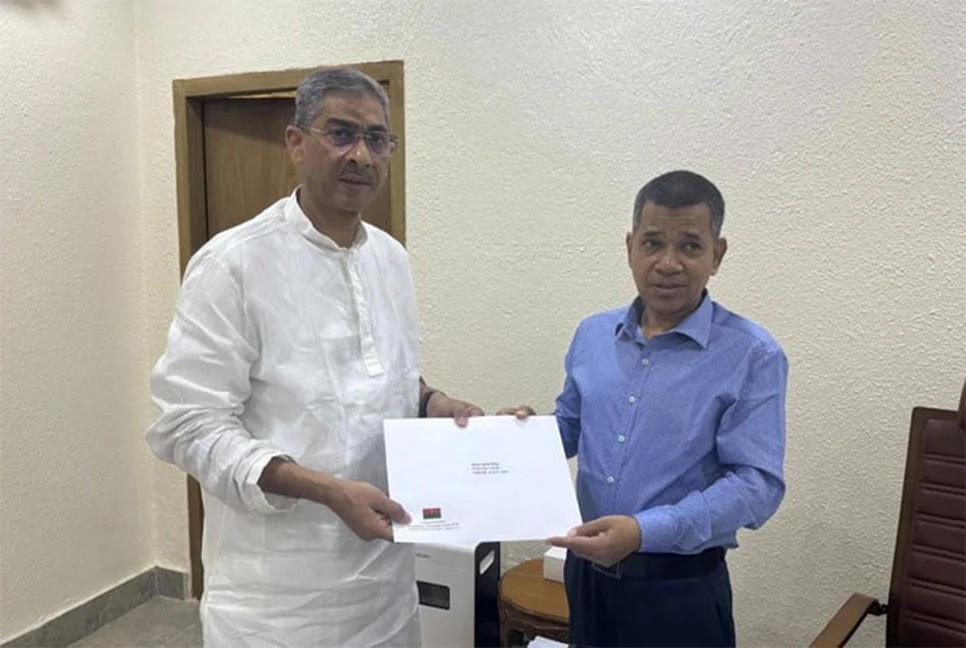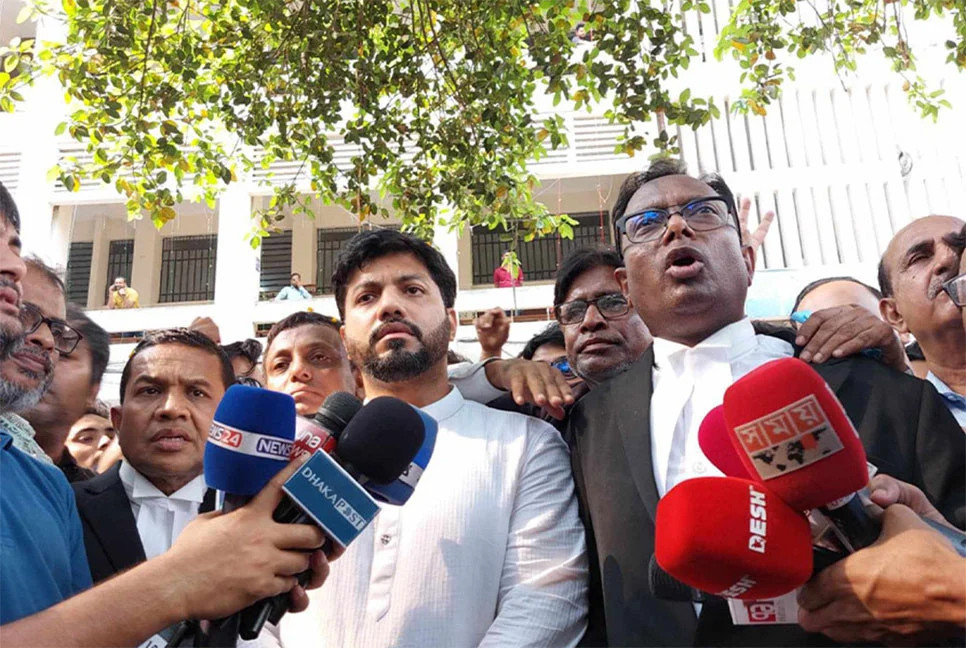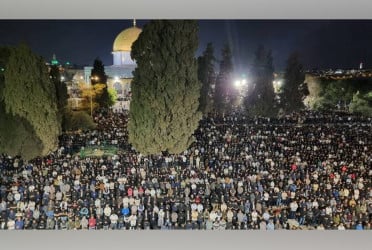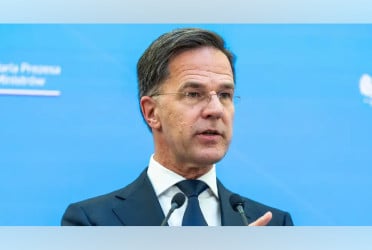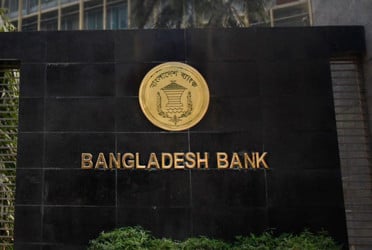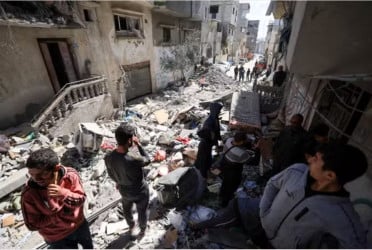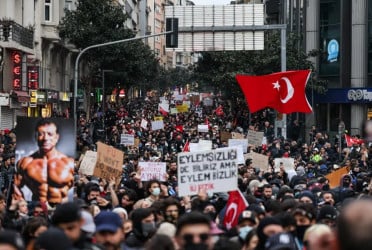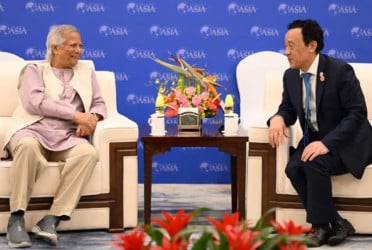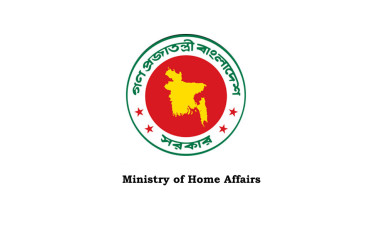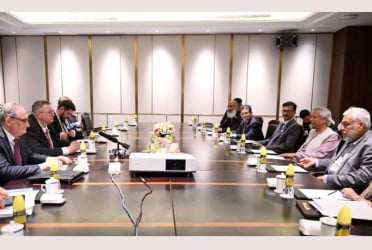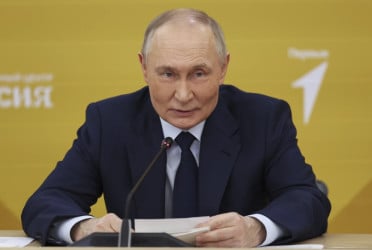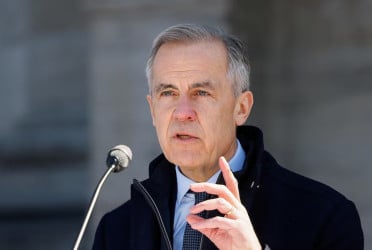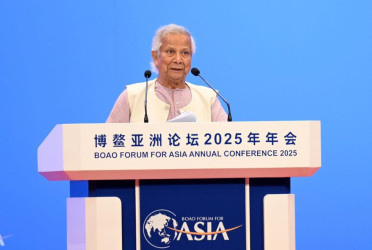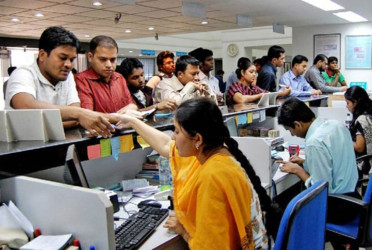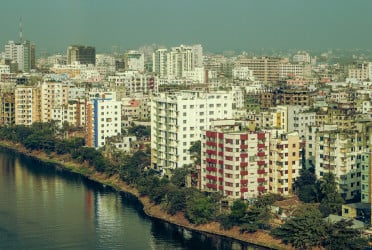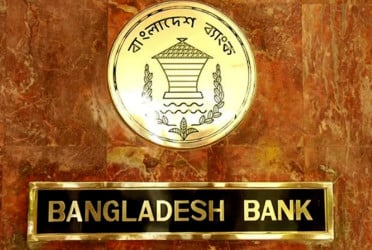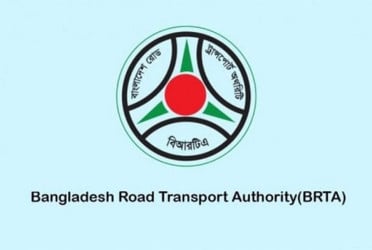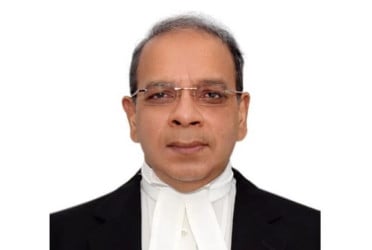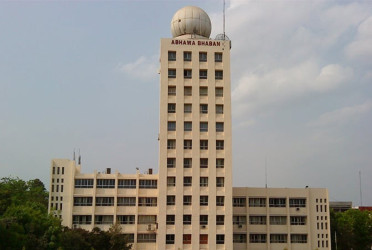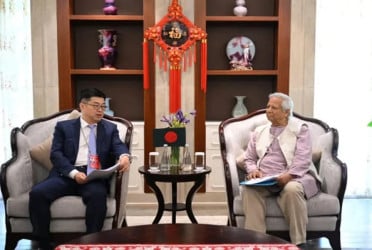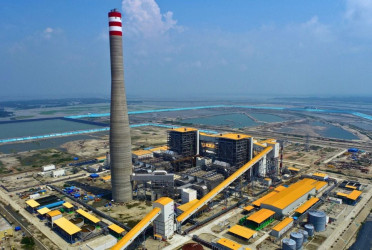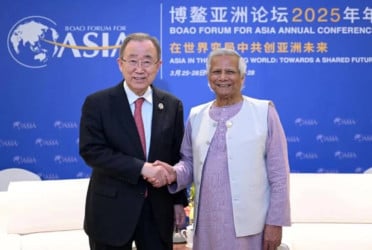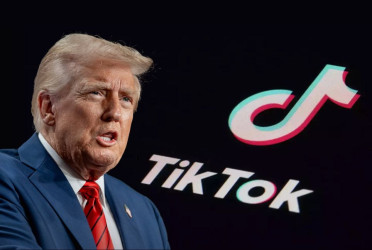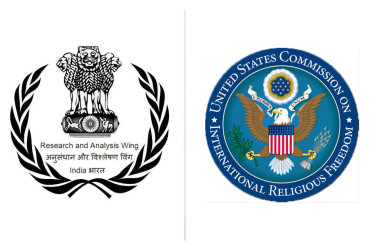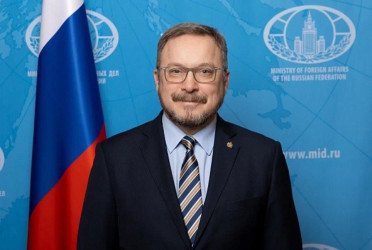Environment Adviser Syeda Rizwana Hasan said Bangladesh must urgently reform its waste management system to address environmental challenges and reduce methane emissions, reports UNB.
She made the statement on Monday while speaking at a workshop on Revisiting Bangladesh’s NDC 2021: Integrating Decentralized Waste Management and Methane Mitigation Strategies, organized virtually by the Environment and Social Development Organisation (ESDO).
She said: “Bangladesh must act now on waste segregation and methane mitigation.”
She also highlighted the country's inefficient waste management practices, stressing that, despite pilot initiatives, large-scale segregation remains absent.
"We have not been managing our waste very efficiently. It is hardly structured. While there are some pilot projects, at the national level, we do not practice segregation," added the adviser.
She announced plans to collaborate with city corporations and local government agencies to initiate waste segregation programs in identified areas. "On this World Environment Day, I plan to work with local authorities to launch a segregation program. Our major urban landfills are designated, but they are neither environmentally certified nor well-managed. This is a serious concern," she emphasized.
The Adviser warned that unregulated waste disposal, particularly outside the capital, has led to environmental degradation. She recounted a recent discussion with a local government agency, urging them to stop waste dumping near a national park. "This shows how bad the situation is. It is high time we focused on fundamental waste management reforms," she said.
Addressing the risks posed by landfill fires, she acknowledged the growing interest in waste-to-energy projects but cautioned against over-reliance on incineration. "Our waste has high moisture content, making incineration less feasible. We need site-specific solutions to address landfill issues like those in Amin Bazar and Matuail," she noted.
She reaffirmed Bangladesh’s commitment to integrating waste management into its Nationally Determined Contributions (NDCs) to reduce emissions. "Segregation is key, and we must resist quick-fix solutions that appear magical but are not sustainable," said the adviser.
Bd-Pratidin English/ AM

